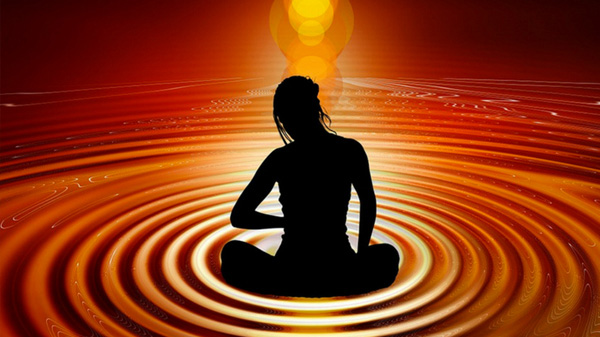Navigating through the tricky world of wellness mantras can be mind-boggling, especially with each one promising to outshine the next! But if you find yourself undecided on the path to ‘inner peace’, going back to a practice that has stood the test of time for centuries might be a good place to start!

Yes, we’re talking about Transcendental Meditation, a form of silent meditation that originated in ancient India and was practiced by rishis or monks in Vedic culture. Mostly an esoteric practice for centuries, Transcendental Meditation – or TM as it is better known – spread its wings to the rest of the world at the hands of Maharishi Mahesh Yogi in the late 1950s.
In recent times, this practice has found endorsement from countless celebrity supporters, including Hollywood A-listers Hugh Jackman, Ellen DeGeneres, Cameron Diaz, Jennifer Aniston, Kate Hudson, Gwyneth Paltrow, Oprah Winfrey and Clint Eastwood, to name just a few.
For a wellness fad that has attracted so many high-profile practitioners and is so much in the limelight, Transcendental Meditation has remarkably few controversies and detractors. This is probably because it’s billed as an ‘effortless’ form of meditation. Indeed, as opposed to some other wellness paths, the practice does seem rather straightforward – the practitioners only need to silently repeat a personalised Sanskrit mantra with their eyes closed for 20 minutes twice a day.
Apparently, doing this allows the mind to simply take a step back from the everyday clutter and to experience a state of restful calm consciousness. According to Bob Roth, TM teacher and author of Maharishi Mahesh Yogi’s Transcendental Meditation, “We are living in an epidemic of stress, and we can’t muscle our way out of it. Transcendental Meditation transforms the mind and body.”

His claims do find some scientific support. John Hagelin, a quantum physicist by profession, says: “Transcendental Meditation is the most widely researched form of meditation, and its benefits to mind, body and emotions have been verified by hundreds of peer-reviewed studies.”
But nirvana comes at a price, apparently. The Transcendental Meditation programme is taught in one-on-one sessions by certified teachers for a fee which varies by country. For Hong Kong, the fee for a six-month course ranges upwards of HK$6500 (find more here).
Is it worth it? If we go by what talk show host Ellen DeGeneres has to say, the answer’s a definitive, resounding ‘yes’.
Watch her interview with Bob Roth here.
Text: Suchetana Mukhopadhyay



